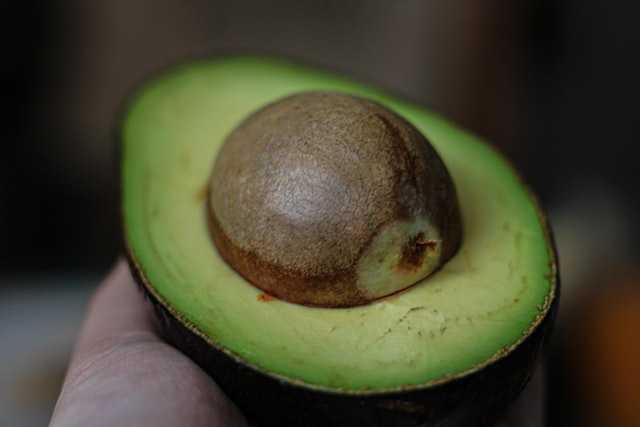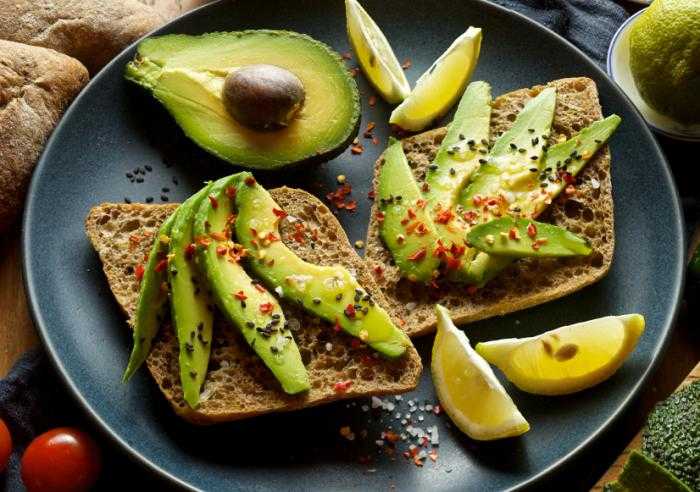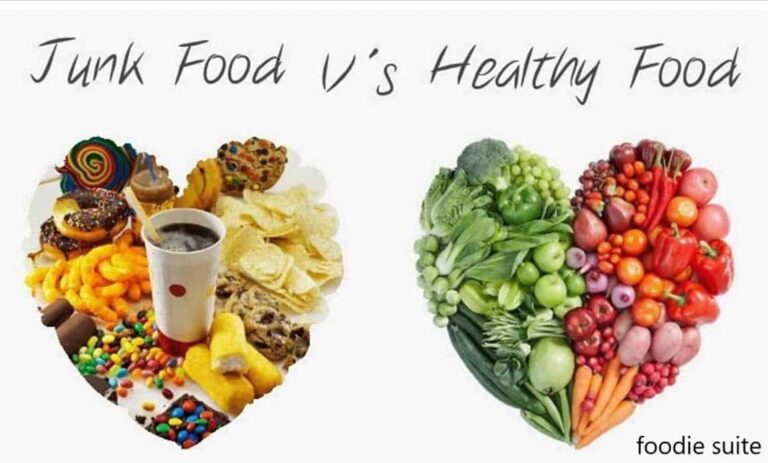Avocado, all what you want to know about in 2020

Avocado is known as Persea Americana Mill, also botanically classified as a berry.
The avocado belongs to the laurel, family, and is the only tree in the family that produces edible fruit.
there are three main types, Mexican, West Indian, and Guatemalan.
These main types including hundreds of varieties with different shapes, colors, and skin textures.
Description/Taste

Avocados are distinguished by their creamy and texture, and grow in areas with a warm environment.
These fruits are known by other names such as; Alligator pear or butter fruit.
And what distinguishes it from other types of fruits is that it contains a good amount of monounsaturated fatty acids.
It is worth noting that avocados are classified as fruits due to their growth in trees.
The nutritional value of avocado
Every 100 grams of butter or avocado, the equivalent of half a fruit, contains:
- 73.23 milliliters water,
- 220 calories, 20 grams of fat,
- 3 grams of dietary fiber,
- 250 milligrams of potassium,
- 33 milligrams of magnesium,
- 16 milligrams of calcium,
- one milligram of iron,
- 0.6 Milligrams of zinc,
- 11 milligrams of vitamin C,
- 1.8 milligrams of vitamin E,
- 0.70 milligrams of vitamin B1,
- 0.16 milligrams of vitamin B2,
- two milligrams of vitamin B3,
- 0.8 milligrams of vitamin B5
- 0.05 milligrams of vitamin B9.
Avocado benefits
-
Rich source of unsaturated fats:
Avocado is distinguished from other fruits in that it is a rich source of healthy fats.
As monounsaturated fats make up 15% of it, and polyunsaturated fats make up approximately 3% of it.
this fruit will provides us with unique and health-promoting elements.
-
A rich source of folic acid
One serving of an avocado that equates to a third of one fruit or about 50 grams of avocado, covers about 15% of the recommended daily intake for an adult person of folic acid.
And the importance of folic acid lies in its necessity for cell growth.
And it is also necessary Specifically during pregnancy.
Deficiency of it may increase the risk of the fetus developing spinal defects and neural tube defects.
-
Rich source of vitamins and minerals
Avocado contains many vitamins and minerals, as a whole avocado is a good source of vitamin E, vitamin C, vitamin K, vitamin B2, vitamin B3, and vitamin B5.
And it also provides many important minerals, including; Magnesium, Potassium, Copper, and Manganese.
-
Lowering cholesterol levels
Eating avocados may help lower levels of cholesterol and triglycerides in the body.
As one study published in the Archives of Medical Research demonstrated the effect of a diet high in monounsaturated fatty acids on blood fats.
The study was conducted on 15 1 healthy persons and 35 with high cholesterol; Where they were provided with a diet rich in avocado.
And the results of the study showed a decrease in the level of triglycerides in the blood by up to 22%,
A decrease in the level of harmful cholesterol by up to 22%, and an increase in the level of beneficial cholesterol in the blood by up to 11%.
It is noteworthy that most studies on the benefit of avocados in reducing levels of triglycerides and cholesterol in the blood were conducted on a small number of people.
-
Contains anti-inflammatory properties
A nutrient from a compound found in avocados, such as polyphenols and flavonoids, has been found to have anti-inflammatory properties. Which reduces the risk of inflammatory and degenerative disorders.
-
As a Skincare
Avocado oil is added to many cosmetics due to its ability to nourish the skin and make the skin glow.
It also helps treat psoriasis, which is a skin condition that causes redness and irritation of the skin.
Studies about the benefits of avocado
One of the laboratory studies published in The Journal of Nutritional Biochemistry in 2005 indicated that prostate cancer cells were exposed to avocado extract that contains vitamin E or what is known as tocopherol. And many carotenoids, such as lutein, zeaxanthin, and alpha-carotene, and beta-carotene, and the results of the study showed a decrease in the growth of prostate cancer cells. This means that avocado extract may reduce the risk of prostate cancer. And the study also indicated that the avocado’s containment of monounsaturated fats and other phytochemicals contributed to the absorption of these carotenoids in the blood
another study published in The Physician and Sports medicine in 2010 demonstrated the role of avocado supplements in relieving symptoms in people with osteoarthritis of the hip or knee.
Applications
Avocados can be stored at room temperature, and avocados usually take 4 to 5 days to reach maturity.
Avocados are ready to eat or cool when their outer surface becomes black or dark purple, or when the fruit feels tender when pressed.
After that, you can enjoy avocados in many ways while making use of their nutrients.
Avocado can be eaten with spices such as salt and pepper, or stuffing half an avocado with eggs or meat and grilling it to the level of level.
Or cutting avocados and adding them to eggs during frying, and a slice of avocado can be placed on toast and sandwiches as an alternative to butter.
Or used during the preparation of pies and bread
The most popular way to eat avocado is a dipping sauce called guacamole. It can also be used as a substitute for butter or oil in baked goods.
Or it can be mashed and mixed with pasta, and it can also be used as slices in making sandwiches.
Or use it as a mash as a substitute for mayonnaise or while making hummus with avocado, or add it to salads.
In addition, avocado can be used as the main ingredient in making soups. Or added to soups, and grilled or fried avocado slices can be served as a side dish instead of fried potatoes.
And avocados may also be included in making juices, pickles, and ice cream.

Avocado in diet and for athletes!
In diet: Avocados help lose weight when eaten in moderate amounts because they contain a good amount of monounsaturated fats and dietary fiber.
According to one study published in Nutrition Journal in 2013, and conducted on a number of adults who are overweight.
Eating half an avocado during lunch helps to feel full for 3 to 5 hours after eating a meal.
For athletes: Avocados may help improve the level of lipids in the blood and improve the absorption of nutrients due to its high content of healthy fats. Which the body stores, then used as a source of energy when exercising.
In addition, fiber makes up about 80% of the avocado’s carb content, which contributes to maintaining energy levels in the body.
And avocados are also a good source of group B vitamins, which play a role in energy production in the body’s cells.
It is worth noting that avocado can be used in special meals to relieve muscle spasms due to its potassium content.






